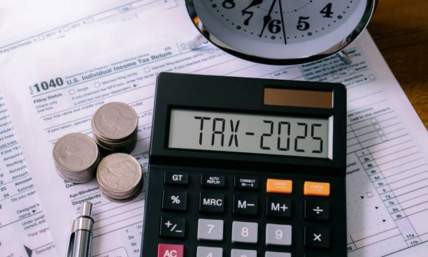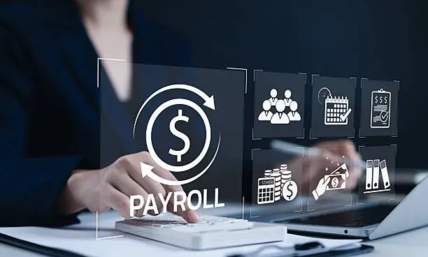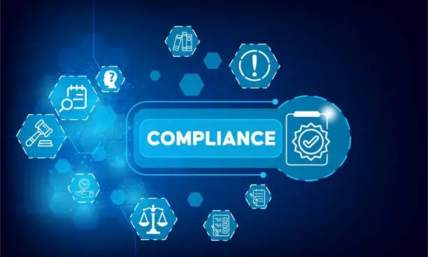Does Paying Off Credit Cards Help Your Credit Score? - What You Should Know
You may find that once you’ve got a credit card, everyone is giving you different advice on how you should use it. Most people get a credit card and find that it can help their credit score, but how does it? If you’re looking at this article, you’re probably wondering which way is the best way of paying off your credit card. Some people believe that you should never pay off your balance in one go, while others think you should keep a balance on it. This article will tell you how these will affect your credit score.
Also read: 7 Best Ways To Invest Money Wisely

Should I Carry a Balance?
Many people believe that you should carry a balance to improve your credit score. However, this isn’t entirely true. When you carry a balance, you shouldn’t leave it until you’ve almost reached your credit card limit. If you carry a balance, we recommend keeping it below thirty percent of your credit limit. When companies calculate your credit score, they determine how much of your credit limit you’re using. Credit utilization is the amount of available credit you use and is expressed as a percentage. By looking at credit utilization, companies calculate how much of this you use and help determine your score.
On the other hand, you shouldn’t ignore your credit card. If you neglect your credit card and don’t carry a balance, your card will ultimately get canceled for inactivity. If it does that, you won’t improve your credit score.
You should also consider how much interest you may incur on your card. While low-interest cards do exist, they usually only last for a few years. You should also consider how much interest you may incur on your card. Ideally, you should pay attention and focus on how much you can afford to pay off.
Also read: 5 Things To Consider When Buying A House
Should I Pay Off My Credit Card in One Go?
When you pay off your credit card, you’ll notice that your score will likely lift. If you pay off the balance in full, you’ll most likely notice an improvement in your credit score once the lower balance is reported. If you pay your balance slowly and in an organized manner, you’ll see a tiny amount of progress being made. However, once you pay off your balance, you won’t see a massive increase in your credit score.
Suppose you have more than one credit card. What happens if you pay off one card but leave the balance on the other cards? It’s recommended that you pay off all your cards once each month. But if you pay off one balance, you will find yourself in the right direction when improving your credit score. Ultimately, it won’t cause a drastic change in your credit score permanently, but it will improve your credit score.
Also read: Can You Cash a 2-Year-Old Check?

How Does Credit Utilization Work?
Credit utilization is something we touched upon briefly when we discussed balance. It’s the amount of credit that you have available on your account. If you keep it below thirty percent, you will be doing yourself a favor most of the time. If you go even lower to twenty-five percent, your credit score will most likely improve. However, you should also remember that other factors may keep your credit utilization score low, such as paying on time and looking after your accounts.
Also read: How to Provide Proof of Income
How do I Maintain a Low Credit Score?
If you’ve managed to lower your credit score using a credit card, you may want to keep it this way. You shouldn’t close your credit card account, but use your credit card for occasional purchases. If you close your account, you can hurt your credit score by reducing the average of your accounts.
You can keep your credit score low by becoming eligible for a higher credit limit. Higher credit limits will keep your charges the same, giving you lower credit utilization. However, you should always watch how you get a higher limit. If you apply, you could get hit by a hard inquiry, getting a temporary dip in your credit score.
There’s also nothing stopping you from making more than one payment on your credit card throughout the month. If your balance is high when there’s an issuer report, it may affect your credit score, but this is why you should keep an eye on it.
Ideally, you should pay your bills on time. Payment history can significantly determine your credit score and can harm you if you pay it off late. Always limit yourself to thirty percent of your credit each month, and only apply for the credit you need.
Also read: Is Debt Management Important?

Final Thoughts
While paying off your credit card can help improve your credit card, it doesn’t mean that this will be an immediate fix. Much of the time, good habits for paying off your credit card can have a much better result than only relying on this as an option. The most important thing you can do is keep your credit utilization score below thirty percent and make any payments you have on time. You shouldn’t get more credit cards than you can handle, or this can have a poor impact on your credit score.
Making good habits when getting a credit card can have a massive role in presenting your credit score to companies. The best thing that you can do is not take a credit card when you can not handle it financially. If you get a credit card, always make sure that you can afford it. Getting a credit card and using it for the right amount can positively affect your credit score, and how long you use it can also affect you. However, you do need to use it.
Overall, good decision-making is the best way to improve your credit score. Keeping aware of your decisions and carefully considering them can have better results than only focusing on paying off your credit card. Doing this alone won’t improve your credit score, and if you rely on it, this will only be a slight improvement compared to other methods.
While on the subject of your finances it is vital that your pay stubs are also in check. Our paystub generator will make sure that they are.















